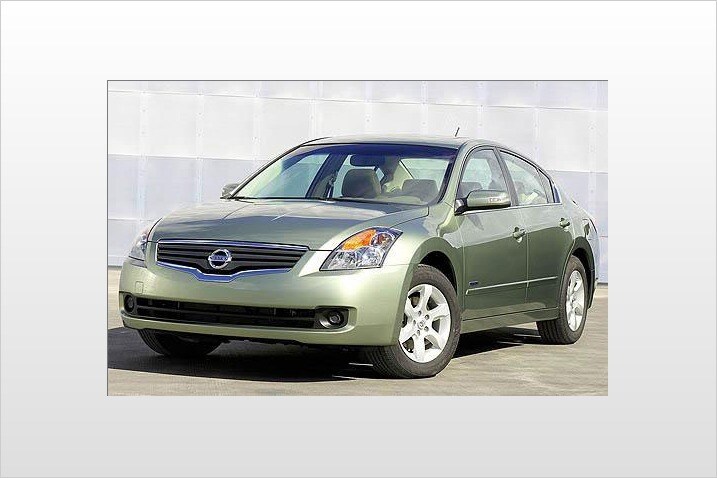Costly To Own
Fast-rising gas prices averaging $4 a gallon in the summer of 2008 began shaving the payback period on hybrid premiums, but not by as much as most consumers might think. Even adding in the federal tax credits that are available on the newest hybrid models, hybrids slip well down into the pack when long-term ownership costs are considered, according to Edmunds.com's latest True Cost to Own SM research.
The much-vaunted Prius, for example, comes in no better than 34th overall in Edmunds' new True Cost to Own rankings, while the best-performing hybrid — the Honda Civic — placed only 14th overall.
"From a purely bottom-line perspective," Toprak said, "you're probably still better off buying a four-cylinder compact car with a gasoline engine than any hybrid."
Also note that the federal, and sometimes state, tax credits do not apply to leased vehicles, making the hybrid-to-gas-only comparison even more stark.
The third fundamental issue for hybrid owners is how much of an advantage in fuel-efficiency they're actually gaining. With some hybrids, such as the Honda Civic, the advantage over its conventional counterpart is significant. Perhaps surprisingly, the big new Tahoe and Yukon hybrids also deliver 25 percent better fuel efficiency than their conventional predecessors.
But with other types of hybrid, such as the Chevrolet Malibu, there is barely an improvement with its hybrid powertrain compared with a conventional four-cylinder version, because of the nature of the starter motor assembly that GM designed for it.
